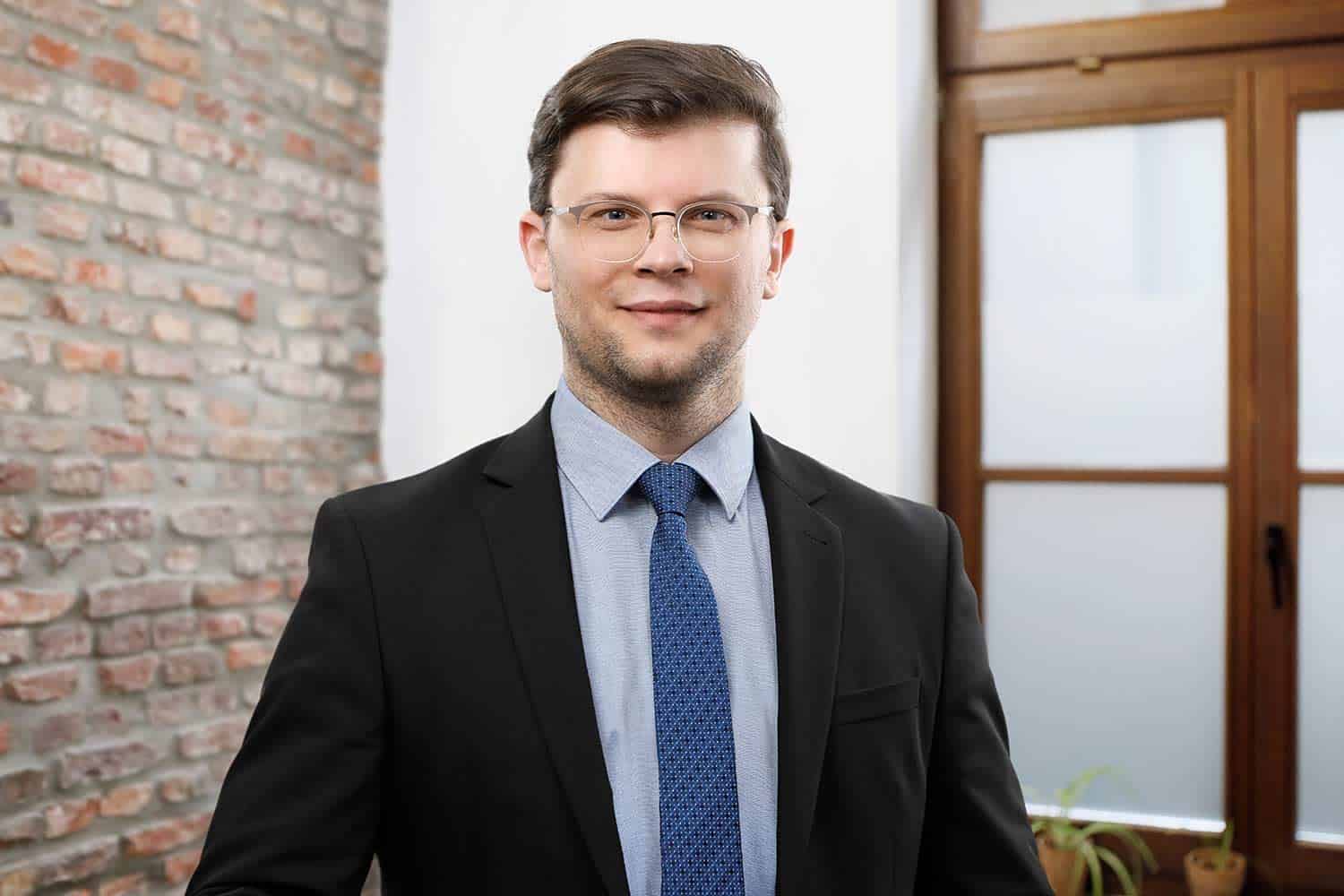Increasing numbers of foreigners who have settled permanently in Germany would like to express their affiliation to Germany without renouncing their original nationality. And vice versa: many Germans who live abroad permanently would like to take on the nationality of their new home country without cutting ties with their home country. With the proposed reform of the German citizenship law, multiple citizenship will no longer be an exception but will be generally permitted. This means the need to apply to retain German citizenship (retention permit, “Beibehaltungsgenehmigung”) and the so-called “option regulation” will no longer apply.
In this context, the German law firm Schlun & Elseven Rechtsanwälte offers skilled and committed legal advice. Whether you are applying for naturalisation, dual citizenship or renouncing your German citizenship – our legal team will handle your matter with the necessary expertise and commitment. We are happy to take care of the entire application process for you to ensure that the application procedure is completed as quickly as possible. We will clarify all outstanding issues with the relevant authorities so you can concentrate fully on your core tasks. We will answer all your legal questions regarding German citizenship law and keep you up to date with the latest legislative changes and developments in German citizenship law.
The Main Aspects of the Reform of German Citizenship Law
The aim of the reform of the German citizenship law is to increase the number of naturalisations. A key point is the significant reduction in the minimum period of residence from the previous 8 years to 5 years, in exceptional cases to 3 years, Section 10 (1), para. 3 of the German Nationality Act (StAG). In future, applicants will have the option of retaining their previous nationality and thus their ties to their home country (multiple nationality). Further changes to the German citizenship law concern:
- Extension of the commitment to the German free democratic basic order to include distancing oneself from anti-Semitic, racist, or other inhuman acts, Section 10 StAG,
- preplacement of “integration into German living conditions” with specific grounds for exclusion, Section 8 StAG,
- adaptation of the required language skills.
Acquisition of German Citizenship
Section 3 StAG stipulates that German citizenship can be acquired under the following basic conditions:
- by birth or descent,
- declaration,
- adoption as a child,
- issuance of a certificate for descendants of victims of National Socialism (late repatriates) or
- by naturalisation (see Section 10 StAG).
Dual citizenship is an issue, particularly in the context of naturalisation and descent. However, it can also be achieved by declaration, adoption as a child and issuing a certificate for ethnic German repatriates. In any case, dual citizenship depends on several factors, whereby the legal systems of both countries must always be considered.
Dual Citizenship for Children Born Abroad
The question of dual citizenship arises when acquiring German citizenship by descent. Under German law, the child is generally entitled to German citizenship if at least one parent is a German citizen. This also applies if the child was born abroad (e.g. the child was born in Canada, the mother is German, the father is Australian). With the reform of the German citizenship law and the general authorisation of multiple citizenship, the requirements for acquiring German citizenship for children born abroad will also change or be abolished. In future, significantly more children will acquire German citizenship by birth.
Dual Citizenship for Children Born in Germany to Foreign Parents | Ius soli Principle
For children born in Germany whose parents are not German citizens, the place of birth principle has applied since 2000. This means that the child and at least one parent can acquire German citizenship if, at the time of birth, one parent has been legally resident in Germany for eight years (or five years with the reform of the law) and has an unlimited right of residence (Section 4 (3) StAG). This regulation is based on the idea that a child who was born in Germany and will grow up here should find it easier to integrate into German society.
Initially, the ius soli principle was introduced in 2000, according to which children of foreigners automatically received German citizenship at birth, provided at least one parent had had their habitual residence in Germany for eight years and had a right of residence. These children then had to decide about their nationality until the age of 23 – either choose German or the other nationality. From 2014, this obligation to choose was weakened so that children who were subject to the ius soli principle but had grown up and gone to school in Germany could retain both nationalities.
With the 2024 reform, all children born ius soli will receive and permanently retain German citizenship and the citizenship of their parents without any reservations. In addition, acquiring ius soli will be made more accessible by reducing the required period of residence of the parents in Germany from 8 to 5 years.
However, dual citizenship always requires that the home country also allows dual citizenship. Some countries – such as China, India, Malaysia, or Japan – do not allow dual citizenship. In these cases, accepting a new citizenship is always associated with losing the old one. Therefore, it is advisable to check how your home country regulates dual citizenship before taking the appropriate steps in Germany. The best way to do this is to contact the embassy or consulate of your home country.
Dual Citizenship through Naturalisation
Naturalisation allows people who have lived in Germany long enough to become German citizens. The following section briefly overviews the requirements for dual citizenship through naturalisation. To obtain German citizenship through naturalisation, you must in principle:
- have lived in Germany for a period of five years,
- have a permanent right of residence,
- have sufficient knowledge of German,
- be able to provide for yourself and your dependants,
- not have committed a criminal offence in Germany and not have a criminal record,
- be committed to Germany’s free and democratic order.
Multiple nationalities are generally permitted and possible under German law, but it depends on what regulations your home country has established on multiple nationalities. Below, you will find some examples.
EU citizens and Swiss nationals: EU citizens and Swiss nationals are generally not obliged to give up their previous citizenship to obtain German citizenship. Only some EU countries have contrary regulations. In these cases, you should contact the embassy of your home country for more information.
Impossibility of renouncing previous citizenship: Some countries do not allow citizens to renounce their citizenship. These countries include Argentina, Morocco, Mexico, and Ecuador.
Persecuted persons, refugees, and asylum seekers: People who have had to flee to Germany due to political persecution or conflict are not obliged to renounce their citizenship.
Cases of hardship: Under certain circumstances, giving up one’s previous citizenship is considered unreasonable. This may be the case due to the person’s age or financial situation. If a case of hardship applies to you, it is advisable to seek experienced legal advice to examine your legal options.
Dual Citizenship for German Citizens Living Abroad
Dual citizenship is relevant not only for nationals of other countries who wish to acquire additional German citizenship but also for German citizens who wish to acquire additional foreign citizenship. This applies to Germans living abroad who want to retain their German citizenship while simultaneously acquiring citizenship in their new home country. Due to the general possibility of multiple citizenship, no particular procedure is required under German law. However, the other state must also allow you to acquire dual citizenship. If this is not the case, the legal means to act against this are limited. Nevertheless, decisions in this context are made based on the circumstances of the individual case, so it is advisable to consult a specialised lawyer to determine all your legal options.
Dual Citizenship Application Process
At Schlun & Elseven Rechtsanwälte, we recognise the complexity and significance of the application process for dual citizenship in Germany. Our comprehensive approach aims to guide clients through each step, ensuring a smooth and informed journey towards acquiring dual citizenship.
Eligibility Assessment and Document Compilation: Our process commences with a meticulous eligibility check. We delve into your circumstances, whether they involve birthright, descent, residency, or other criteria determining your eligibility for dual citizenship in Germany. Our legal experts meticulously assess each standard, ensuring a thorough understanding of your situation before proceeding. Furthermore, we assist our clients in the critical phase of gathering essential documents. These documents may include your birth certificate, passport/identification, proof of residency in Germany, and additional documentation like marriage or divorce certificates, if applicable. We carefully verify each document’s accuracy and completeness to ensure a seamless application process.
Application Submission and Guidance: With our guidance, clients complete the appropriate dual citizenship application forms tailored to their circumstances. We provide clear instructions on submission procedures, directing clients to the relevant authorities, be they the local naturalisation office (Einbürgerungsbehörde) or the Foreigners’ Registration Office (Ausländerbehörde).
Interview Preparation and Representation: Schlun & Elseven Rechtsanwälte offers comprehensive support in preparation for potential interviews. We equip our clients with the necessary information, ensuring readiness for discussions covering aspects such as integration into German society, language proficiency, and intentions concerning citizenship. Additionally, our legal representation ensures that your interests are adeptly represented during these crucial phases.
Decision Notification and Follow-up: Following the application submission and interview processes, we stand by our clients through the decision phase. We closely monitor the application’s progress and diligently follow up with the authorities once a decision is made, whether approval or denial; we ensure that our clients are promptly notified and offer guidance on the next steps.
Each case is unique, and our approach recognises the intricacies that might influence the application process. We understand that specific requirements and administrative procedures can vary based on regions within Germany and individual circumstances. Hence, our personalised guidance remains tailored to each client’s situation.
The Advantages of Dual Citizenship
Having German citizenship in addition to your existing citizenship has many advantages. It allows you to live, work, study and travel in Germany and other EU countries. As a German citizen, you can become self-employed, set up a company, or invest in Germany without any restrictions. The German passport will make international travel much easier if your job involves many stays abroad. You can travel to over 170 countries without a visa and use German consular services worldwide. German citizenship also offers considerable advantages when it comes to studying. German citizens can receive an excellent academic education at German universities without incurring excessive student fees.

Practice Group: German Citizenship Law
Practice Group:
German Citizenship Law
Contact our Lawyers for German Citizenship Law
Please use our online form to outline your request to us. After receiving your request, we will make a brief initial assessment based on the facts described and provide you with a cost offer. You can then decide whether you would like to engage our services.
















